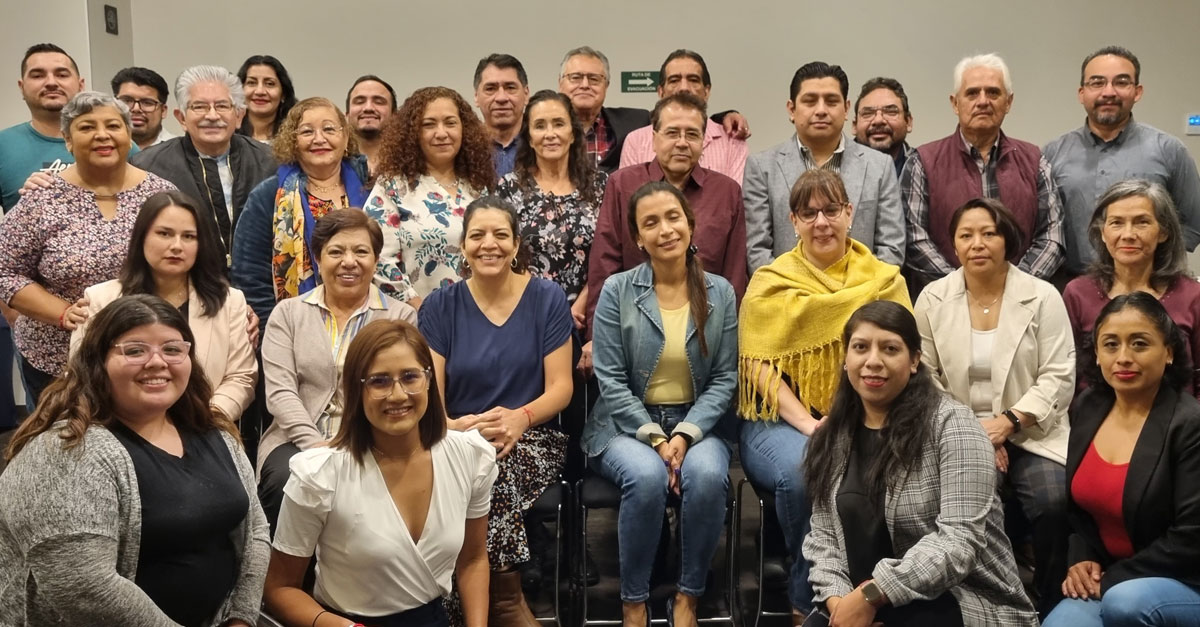NMO name | Federación de Hemofilia de la República Mexicana |
Location | Mexico City, Mexico |
Founding date | November 21, 1991 |
Active members | 48 |
PWBDs served | 6,349 |
Website* |
The following answers have been edited for clarity.
What services does your NMO offer to the bleeding disorders community?
We are the only national organization recognized by the WFH, and the only one with a national registry of people with bleeding disorders (PWBDs), the “Mexican Registry of Coagulopathies”, which collects data on more than 6,200 people with hemophilia and other coagulopathies in the country. We offer support related to hematology, rehabilitation, orthopedics, dentistry, psychology, social work, infusion workshops, and genetic counseling.
What’s your mission, and what’s your vision for your NMO?
Our mission is to improve healthcare conditions in Mexico so that there are no limitations for people with hemophilia, and our people can enjoy comprehensive, multidisciplinary care. It’s also to foster the creation of a system where universal and free access to care is guaranteed for all PWBDs in our country. Our vision is to be the benchmark for care by health care professionals, and also to be able to offer exceptional physical therapy for PWBDs, as well as psychology and social work services, among other support services.
What are the challenges you usually face?
We face challenges related to governmental policies, and a general lack of commitment by different organizations. These challenges are difficult, but we are overcoming them through persistence, and by collaborating with other organizations such as the WFH.
What was your main highlight/achievement during 2021/2022?
Our main achievement has been increasing home delivery, increasing prophylaxis—and doing this for people of all ages. We have been able to accomplish this by directly working with healthcare decision makers. It wasn’t easy because of a change in government and because of management changes in the health sector. The process made us realize that we must have a constant dialogue with health and government sector authorities.
What will be the main challenges facing your community in the coming years?
Our main challenges for our community will continue to be access to treatment, lack of diagnosis, and lack of awareness in the health sector. We will overcome these challenges by keeping open channels with decision makers, and by lobbying the government—two things which we have done successfully in the past. There is also uncertainty regarding the future governmental situation, as each new government enacts changes which may or may not impact us.
Do you have anything else you’d like to share with the community?
We very much look forward to seeing our colleagues from other NMOs at the WFH 2023 Comprehensive Care Summit: New Developments in Bleeding Disorders and MSK this May!
To read about the way the WFH and NMOs collaborate to make a difference in local bleeding disorders communities, please read “National member organizations: the heartbeat of the WFH” here.
* Disclaimer: This is an external website, and its content has not been developed, and is not endorsed by the WFH.












